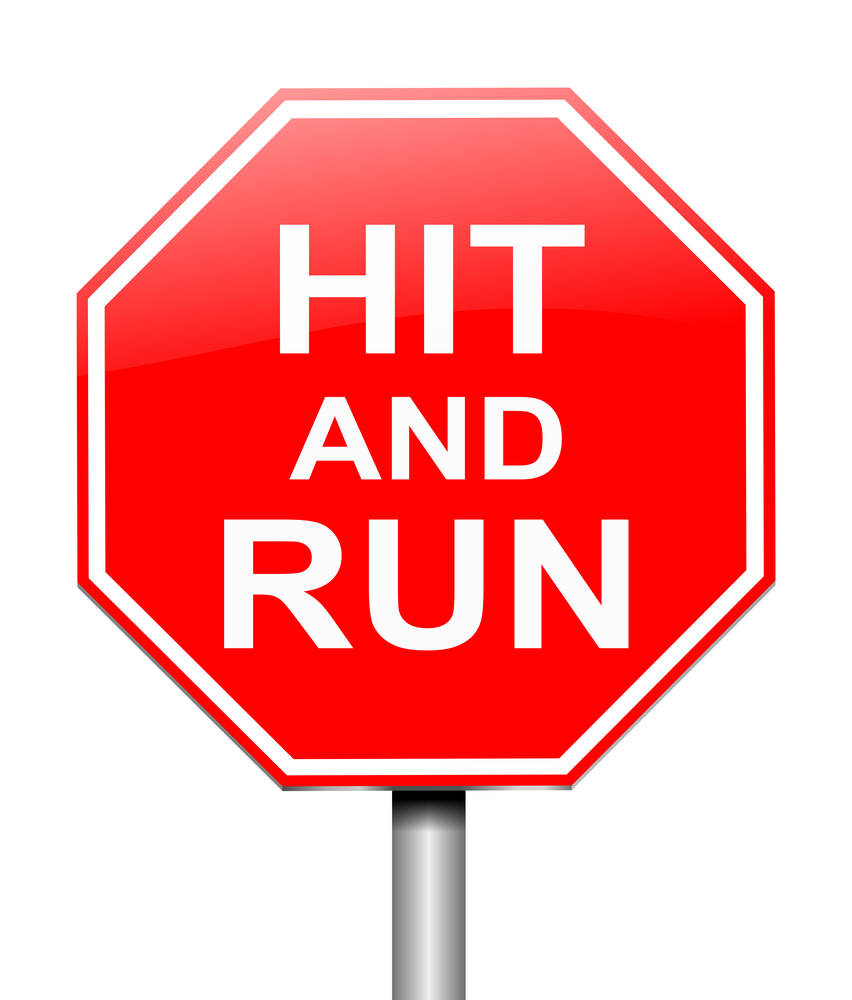CAN A COURT SUSPEND YOUR DRIVER’S LICENSE AFTER A “HIT AND SKIP” (FAILURE TO STOP AFTER AN ACCIDENT)?”
Answer: It depends. The two most commonly charged hit skip code sections involving failure to stop after an accident on public or nonpublic roadways do carry a mandatory license suspension. However, failing to stop after an accident involving only damage or realty or personal property attached to real property (O.R.C. 4549.03) does not carry any license suspension.
The Ohio Court of Appeals delivered a decision stating that trial courts may not suspend a driver’s license for violating Ohio Revised Code Section 4549.03, informally known as “Hit and Skip.” The trial court may impose alternative punishments, but the language in the Ohio Revised Code does not allow for the suspension of a drivers license. State v. Sellers, 2017-Ohio-4020
Driver Hit Parked Car on Private Property, Pleaded to Amended Charge of Failing to Stop After an Accident Involving Damage to Realty or Personal Property Attached to Real Property
In Sellers, the Defendant was backing out of a parking space when she hit another parked car. The Defendant left the scene but a bystander was able to record her information and deliver it to the local police. The Defendant was charged with leaving the scene of an accident on private property in violation of R.C. 4549.021.
She challenged the case and plead no contest to the amended charge of “Stopping after accident involving damage to realty or personal property attached to real property,” a violation of O.R.C. 4549.03. The judge ordered her to pay a $400 fine, attend a six-day Driver Intervention Program, be placed under house arrest for three days, and her license was suspended for one year.
Most Hit Skip Code Convictions Do Carry a Mandatory License Suspension
A sentence imposed by a trial court can be overturned if the Court of Appeals finds that the trial court “abused its discretion” when delivering a sentence to a defendant. City of Cleveland v. Meehan, 8th Dist. Cuyahoga No. 100202, 2014-Ohio-2265
Generally speaking, a trial court may suspend someone’s drivers license, but only if the Ohio Revised Code Section the defendant is charged under authorizes a driver’s license suspension.
The Court in Sellers describes certain instances of “Hit and Skip” for which a trial court is required to suspend the defendant’s drivers license:
- A conviction for a “Hit and Skip” that occurs on a public road or a public highway (O.R.C. 4549.02) requires a minimum six month license suspension (max 3 years)
- A conviction for a “Hit and Skip” that causes an accident somewhere other than public roads or highways (O.R.C. 4549.021) requires a minimum six month license suspension (max 3 years)
Hit Skip Involving Damage or Realty or Personal Property Attached to Realty Under O.R.C. 4549.03 Does Not Carry a License Suspension
But the Court in Sellers took note of the different language contained in O.R.C. 4549.03 and found that the language contained in this section, though is very similar to 4549.02 and 4549.021, did not authorize the trial court to suspend the Defendant’s license.
The Court in Sellers held, “a license suspension for misdemeanors is allowed if authorized by law, we find that a license suspension for a violation of R.C. 4549.03(A) is not authorized.”
“We agree with [the Defendant] that the trial court did not possess the authority to suspend her driver’s license upon its acceptance of her plea for failure to stop under Ohio Revised Code Section 4549.03. Accordingly, the court abused its discretion in suspending appellant’s license.”
It is important to contact an Ohio hit skip (hit and run) attorney who is knowledgeable about all possible defenses available to you including whether you face the possibility of a license suspension. If you have questions about your Columbus failure to stop after an accident (hit skip) charges, talk to our defense attorneys at 614-361-2804.



